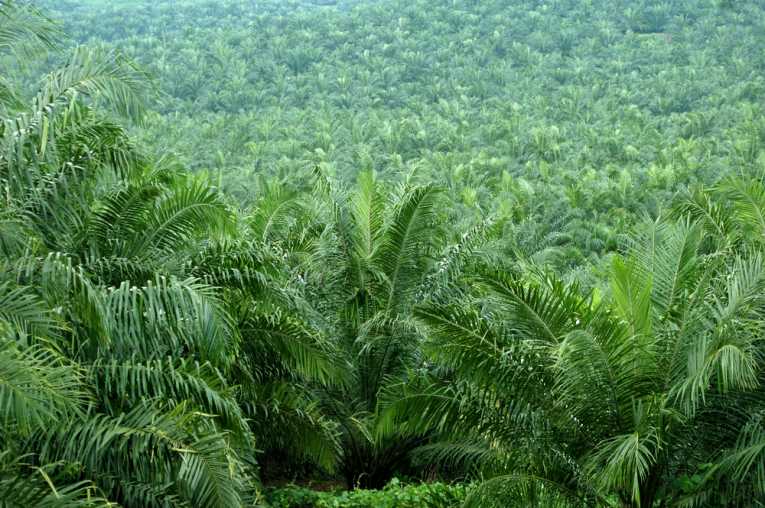Leading environmental campaigning organisation Friends of the Earth International and La Via Campesina have released two videos showing how projects financed by World Bank funds have allegedly led to African land grabs.
The videos, posted on YouTube (and shown below), feature personal stories of how land privatisation and corporate policies backed by the World Bank, have caused Uganda and Mali farmers to lose their land and threaten local communities.
The short films, issued by Friends of the Earth International and the international peasant movement La Via Campesina, have been released at the same time as the World Bank Conference on Land and Poverty that is being held in Washington this week (from April 23-26).
The Mali film and Uganda film document various human rights infringements and environmental damage caused by land grabs after the locals have been thrown off their land.
The films show the effect that massive increases in palm oil projects are having in Africa, where up to 227 million hectares have been bought or leased over the last few years to produce food and fuel mostly for developing countries.
One video shows how coffee farmer John Muyiisha, in Kalangala, Uganda, and the community have lost their land after a Kenyan company BIDCO, said the land belonged to them. They destroyed the ancient forest and coffee plants and replaced them with oil palms, leaving just two acres for the community.
The other tells how communities living on land leased to Malibya, which possesses a five-year lease on 100,000 hectares in the Segou region of Mali - claim they have not been informed or compensated for their land and face being attacked or jailed if they protest.
The two campaigning bodies are calling on governments to take firm action to stop the land grabs.
In Mali, the Libyan corporation MALIBYA has paid for 100,000 hectares of top-quality farmland to raise export crops and animals. The $25 billion scheme includes the creation of one of the biggest irrigation canals in Africa and the use of precious water resources.
The scheme is supposed to promote agriculture through foreign investment, but instead it has destroyed villages, prevented locals from finding food and caused hundreds of families to move, the campaigners say.
In Uganda, the World Bank is alleged to have caused a large expansion of the palm oil industry by providing millions in funding, to the detriment of food and forestry. Almost 10,000 hectares have been planted on islands near Lake Victoria with three times more proposed. Locals have also lost access to farm lands, according to the two organisations.
The World Bank conference involves governments, investors and large financial institutions in land governance issues. But the environmental groups claim that earlier World Bank policies of communal land rights being turned into private land titles, backing the buying land investment through private finance and providing policy support has set up the conditions for a massive land grab.
The voluntary scheme 'Principles for Responsible Agricultural Investment' (RAI), backed by the World Bank has been criticised for being toothless and powerless to stop the land grabbing.
La Via Campesina represents 200 million farmers worldwide and includes 150 local and national organisations in 70 countries.















